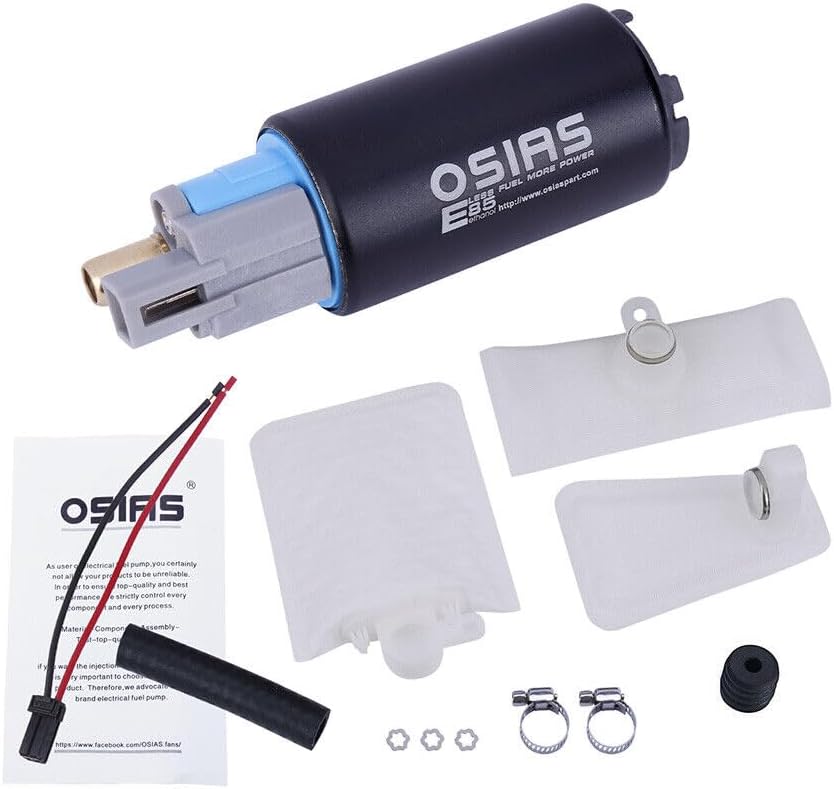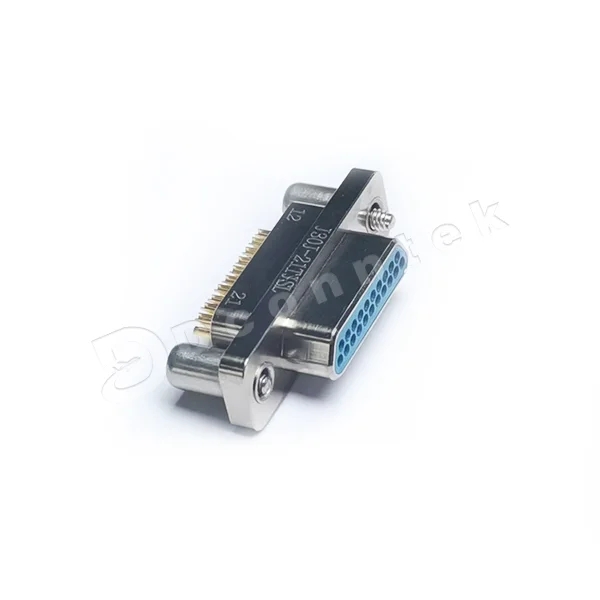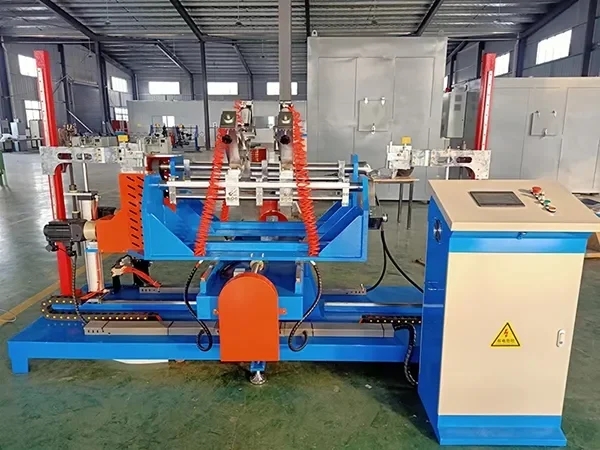
Mechanical fuel pumps play a crucial role in the efficient operation of internal combustion engines. Understanding how these pumps work is essential for anyone seeking a deeper knowledge of automotive engineering. In this blog post, we will delve into the intricate mechanisms behind mechanical fuel pumps, exploring their functions, components, and the overall fuel delivery process. So, let's embark on a journey to unravel the mysteries of mechanical fuel pumps!
- The Basics of Mechanical Fuel Pumps:
Mechanical fuel pumps are primarily responsible for delivering fuel from the gas tank to the engine. Unlike their electric counterparts, mechanical fuel pumps are driven by the engine's motion, ensuring a constant flow of fuel. This reliability makes them a popular choice in various applications, including classic cars and heavy-duty vehicles. - Components and Construction:
To comprehend how mechanical fuel pumps operate, we must first examine their key components. These pumps typically consist of a diaphragm, a lever arm, a spring, check valves, and inlet/outlet ports. Each component plays a vital role in the fuel delivery process, ensuring a smooth and consistent flow of fuel. - Fuel Delivery Process:
When the engine is running, the camshaft or crankshaft drives the lever arm, which, in turn, moves the diaphragm up and down. This reciprocating motion creates pressure changes within the pump, allowing fuel to be drawn in from the gas tank and pushed towards the engine. The check valves ensure that fuel flows in the correct direction, preventing backflow and maintaining a steady fuel supply. - Advantages and Limitations:
Mechanical fuel pumps offer several advantages over their electric counterparts. They are less prone to electrical failures, can handle higher fuel pressures, and are generally more durable. However, they do have limitations, such as lower efficiency and the potential for fuel vapor lock in certain conditions. Understanding these pros and cons is crucial for selecting the appropriate fuel pump for specific applications. - Maintenance and Troubleshooting:
To ensure optimal performance, mechanical fuel pumps require regular maintenance. This includes inspecting and cleaning the pump, checking for leaks, and replacing worn-out components. Additionally, understanding common issues like fuel pump failure, insufficient fuel delivery, or excessive noise can help diagnose and troubleshoot problems effectively.
Conclusion:
Mechanical fuel pumps are intricate devices that play a vital role in the proper functioning of internal combustion engines. By comprehending their inner workings, components, and fuel delivery process, we gain a deeper understanding of automotive engineering. Whether you're a car enthusiast or a professional in the field, this comprehensive guide provides valuable insights into mechanical fuel pumps, empowering you to make informed decisions and ensure optimal engine performance.





